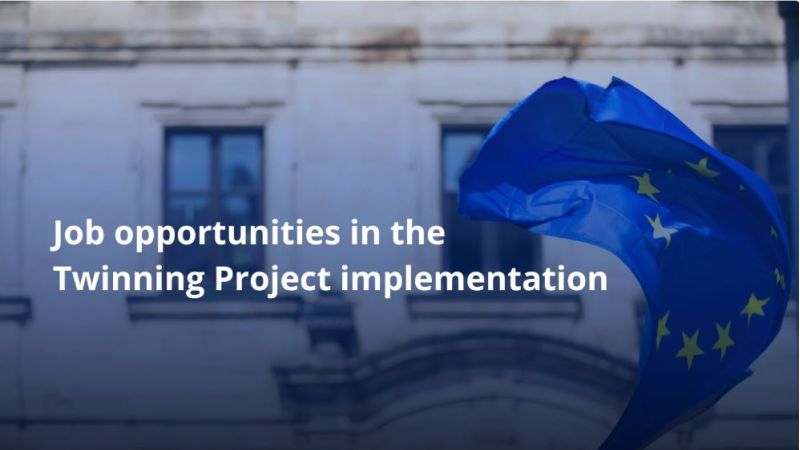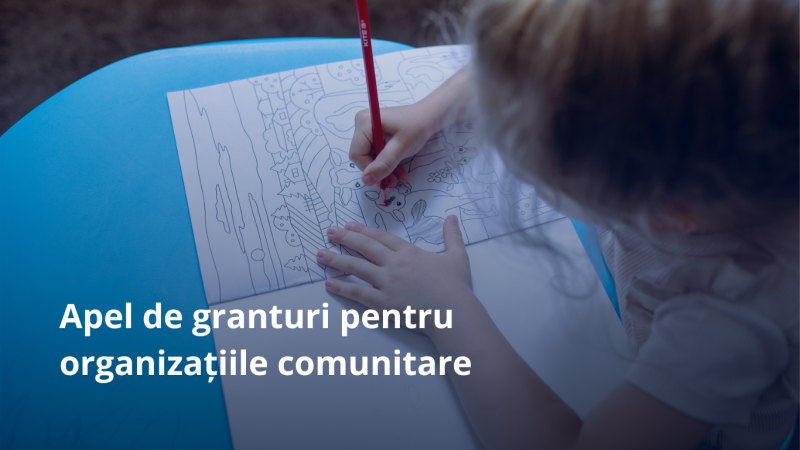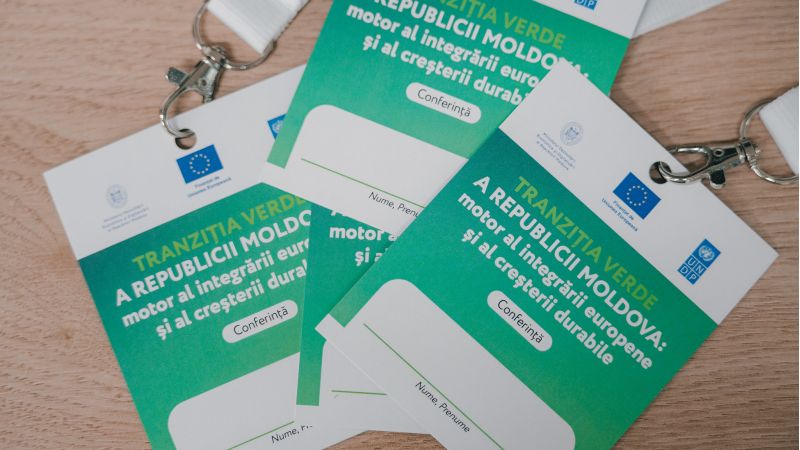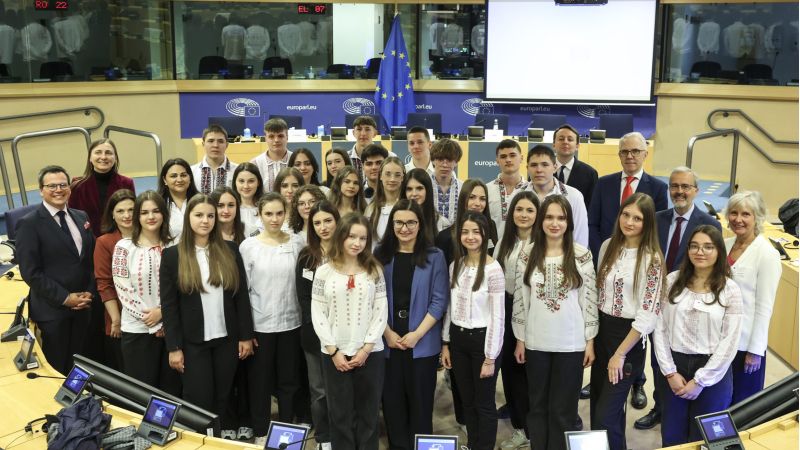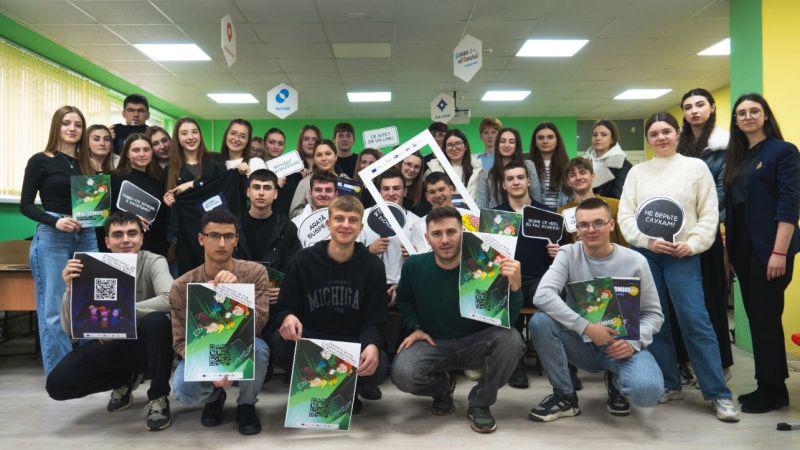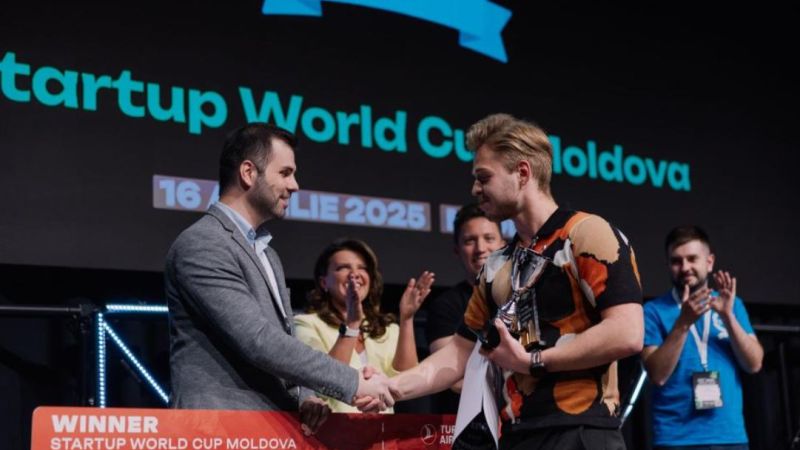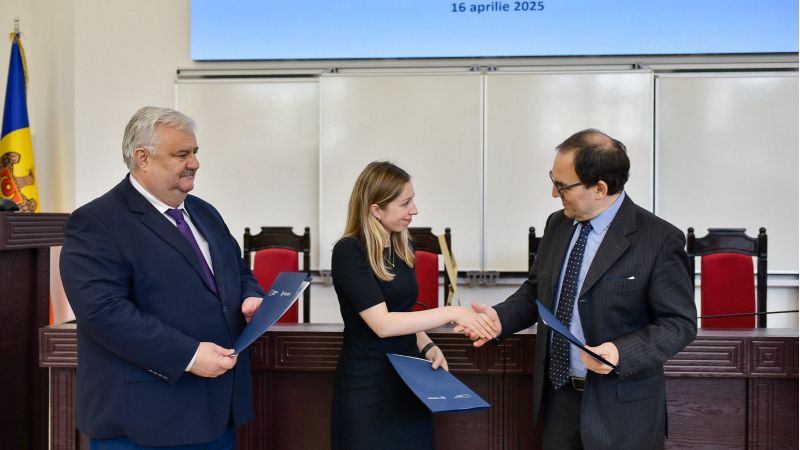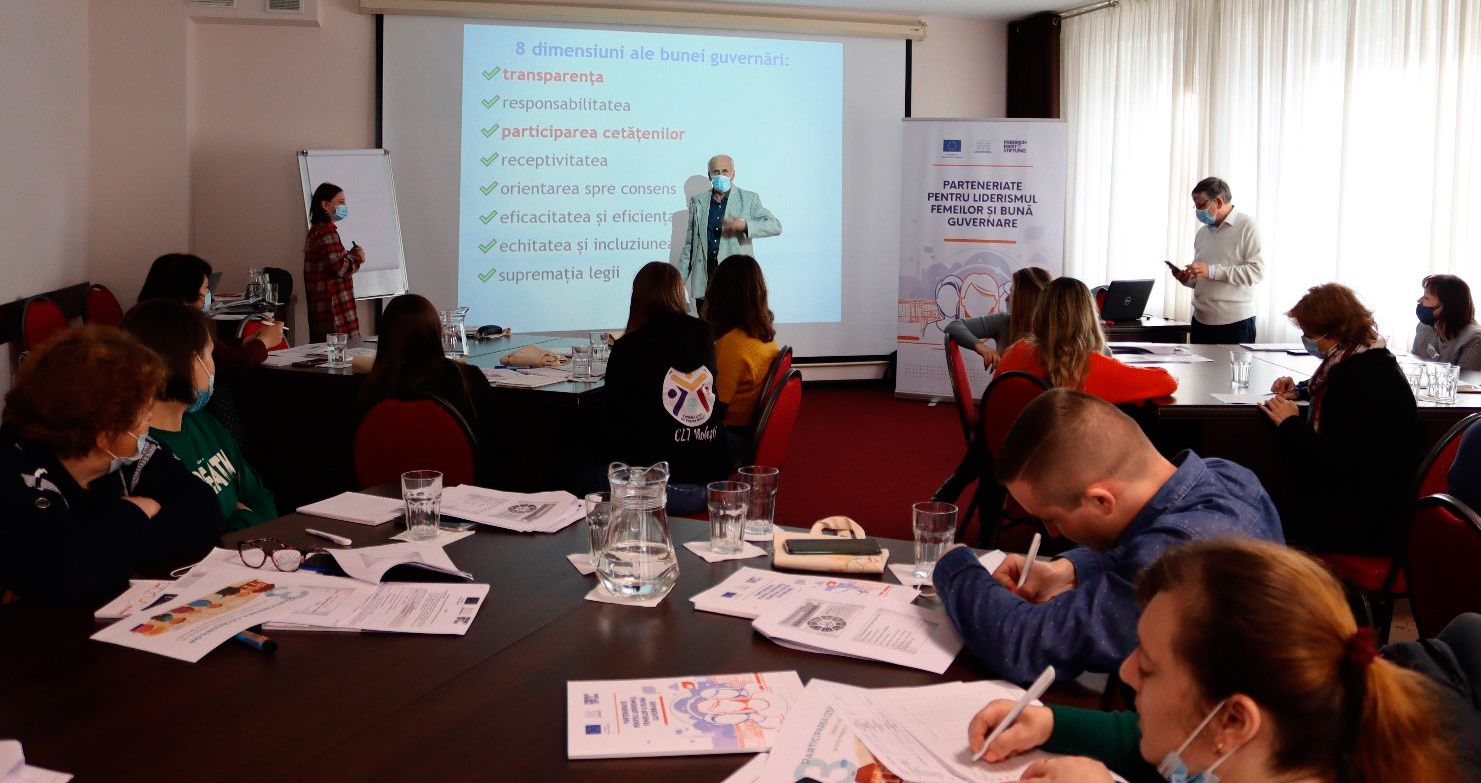
UNIUNEA EUROPEANĂ INVESTEȘTE ÎN DEZVOLTAREA CAPACITĂŢILOR SOCIETĂŢII CIVILE DE A SE IMPLICA ÎN SCHIMBAREA SPRE BINE A VIEŢII OAMENILOR
Zeci de reprezentanţi ai Organizaţiilor Societăţii Civile, Grupurilor de Acţiune Locală și Grupurilor de Iniţiativă Locală din toată ţara au participat, pe 2 și 3 decembrie 2021, la instruirea în domeniul bunei guvernări. Timp de două zile, aceștia și-au dezvoltat și consolidat capacităţile de implicare în procesele ce asigură buna guvernare: transparenţa decizională, elaborarea participativă a politicilor publice, integritatea APL-urilor, monitorizarea achiziţiilor publice etc.
Prezentă la eveniment, Directoarea Fundației „Friedrich Ebert” Moldova, Ana Mihailov, a apreciat interesul mare al societății civile de a se implica în procesul de elaborare și implementare a politicilor publice, contribuind astfel la schimbare în bine a comunităților din care fac parte.
„Prin aceste activități dorim să determinăm organizațiile societății civile să fie mai active și mai implicate în procesele de luare a deciziilor, să consolidăm comunicarea dintre APL și societatea civilă, să asigurăm transparența proceselor decizionale. Totodată, punem accent pe sporirea gradului de implicare a femeilor în viața politică, socială, economică atât la nivel local, cât și național”
a afirmat Ana Mihailov.
Participanții și participantele la instruire și-au exprimat interesul față de consolidarea cunoștințelor în domeniul bunei guvernări, eficientizarea colaborării dintre societatea civilă și autoritățile publice locale, dezvoltarea parteneriatelor publice-private, îmbunătățirea abilităților de scriere și implementare a proiectelor, precum și sporirea gradului de implicare și promovare a femeilor etc.
„Organizațiile societății civile au un rol esențial în monitorizarea modului în care autoritățile respectă legea. Acest efort determină factorii de decizie să acționeze în interesul cetățenilor, contribuind astfel la dezvoltarea comunităților în spiritul incluziunii sociale și la creșterea calității vieții oamenilor”, a spus Victoria Secu, participanta la Instruirea în domeniul bunei guvernări, Directoare Executivă, AO „Fiecare contribuie la schimbare”.
Instruirea pentru reprezentanții societății civile în domeniul bunei guvernări este organizată în cadrul proiectului „Parteneriate pentru liderismul femeilor și bună guvernare”, implementat de Fundația „Friedrich Ebert” Moldova și AO „Institutum Virtutes Civilis” (IVC), cu suportul financiar al Uniunii Europene și Fundației „Friedrich Ebert”.


